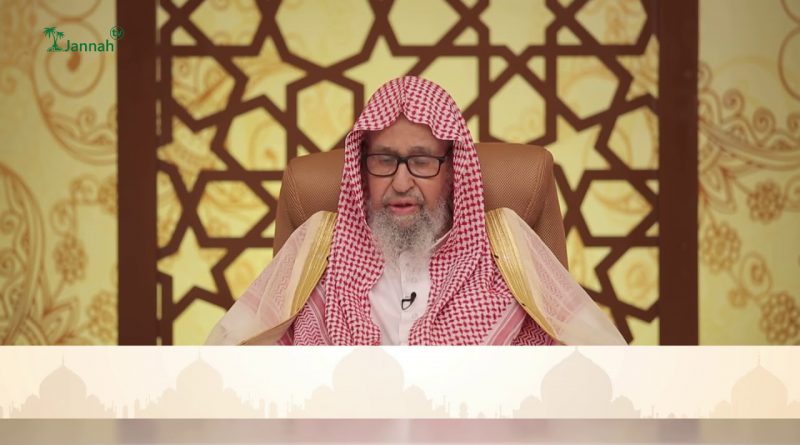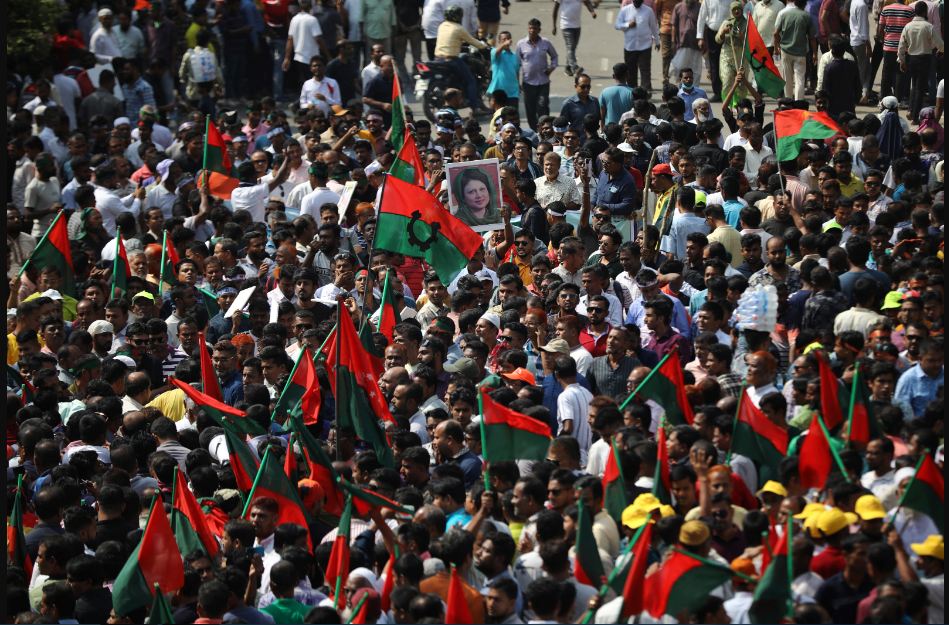Saudi cleric Shaykh Fawzan’s stance on protests against India’s NRC and CAA
Riyadh – Saudi Arabia’s known scholar Shaykh Saleh al-Fawzan was recently asked about protesting against the India’s controversial Citizenship Amendment Act (CAA) and National Registry of Citizens (NRC), amidst the growing confusion among the followers of Salafi sect whether protesting is permissible or prohibited.
A student of Shaykh al-Fawzan from Kerala who lives in Riyadh reported on the condition of anonymity that when he asked the scholar about the ruling on protesting, the scholar clearly responded to refer back to the local scholars of India since they understand the situation better.
Followers of the Salafi sect are divided on the matter of protesting. One group claims that protests are permissible under the democratic governments while the other group outrightly rejects the ruling stating the Fatwas or verdicts of the “Kibaar” or senior scholars on prohibition of protests in all circumstances.
However, to clear the confusion, the most senior scholar Shaykh al-Fawzan who is accepted among the followers of the two groups, explained to go back to the scholars in India to clarify the issue.
Another student who reported on the condition of anonymity said that “everytime I asked the Shaykh about the political verdicts pertaining to Indian politics, his answer is ‘go back to your scholars in India and ask them'”.
Meanwhile, the Salafi scholars of India have unanimously agreed to join all the Muslim parties irrespective of their creed and differences to protest against the controversial Citizenship act, while strictly abiding by the legal boundaries of the Indian constitution.
Indian government under Prime Minister Modi passed the controversial bill in parliament in December 2019. The law paves the way for minorities from Pakistan, Bangladesh and Afghanistan to get Indian citizenship, but the critics say it is biased against Muslims, since it’s only applicable for Hindus, Sikhs, Christians, Jains, Buddhists, and Parsis, while the Muslim migrants are detained.


